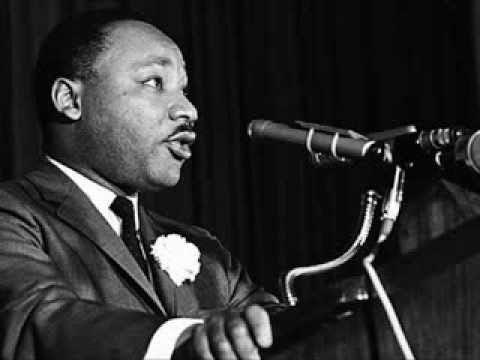they will say also that our politics was no more
than an apparatus to accommodate the feelings of
the heart, and that the heart, in those days,
was small, and hard, and full of meanness
Mary writes of many wondrous, shining, sacred beings throughout her years. She writes of birds and water and fire and dogs — many dogs. She writes of searching and of finding. She writes of love and loss. Most especially, she writes of presence. Yet with Of the Empire Mary reminds us that she does not write unaware of the toll that the craven thirst for power takes on our world, on each other, and on our souls. She grasps the politics of the heart that so often bind our world in meanness with great clarity.
She does not mince her words. As I look around my own context, I see the culture Mary speaks of that adores power and cares little for the penury of the many. I see leaders and followers exemplify extremism and authoritarianism in the pursuit of what Martin Luther King Jr. calls the triple-pronged sickness of racism, excessive materialism in the pursuit of capitalism, and the plague of militarism.1
I am searching for sustenance, for words from our Muse, Mary, that will guide me, will guide us. Yet Of the Empire seems only to provide incisive commentary but little hope. Mary does not paint a path forward in this poem.
Mary published this poem in her book Red Bird in 2008. A number of poems in this book address the world around. In particular, the poems immediately before and after Of the Empire are worth examining. The poem before is very short, so I shall add it here in full
Watching a Documentary About Polar Bears
Trying to Survive on Melting Ice Floes
That God had a plan, I do not doubt.
But what if His plan was, that we would do better?The poem after is called Not This, Not That where Mary names a number of things that will not alter her love for people, nature, and life. One item she names that refuses to allow to alter her love of the world is "the President who loves blood". Although Mary published this book in 2008, her words ring true today just as they did in her context. They echo Martin Luther King Jr. in his speech on the three evils of society when he said
Our moral lag must be redeemed — when scientific power outruns moral power we end up with guided missiles and misguided men
Despite these stark poems of frightening clarity, Mary perseveres in a manner that I struggle to grasp. It is without any confusion or obfuscation or hiding from the reality of the world around her. She looks around, she grieves, and she continues on in hope, in faith. In Not This, Not That, she continues and names what she refuses to allow the violence of our world altered—
or for you, oldest of friends: hope;
or for you, newest of friends: faith
I am buoyed by the fact that Mary simultaneously recognized the dire situations of our world and continued writing about the beauty and mystery of it. It is a remarkable and reassuring thing to witness a beloved and wise person acknowledge.
This reminds me of another poem I shan't look up. I believe it is from the book Why I Wake Early. My memory recalls her writing of walking down to the ocean in the morning and despairing to the ocean of her many troubles. And the ocean replies "excuse me, I have work to do".
We are witness to the frightening rise of authoritarianism and extremism, of guided missiles and misguided men, of legislation that threatens our well being and our identities. In spite of this we are called to struggle against the politics which accommodates the feelings of the small, hard, and mean hearts, and to build a politics which cares for each person, each tree, each dog. We are called to despair and to grieve and to continue on in resistance in each of our own myriad ways.
Of The Empire
We will be known as a culture that feared death
and adored power, that tried to vanquish insecurity
for the few and cared little for the penury of the
many. We will be known as a culture that taught
and rewarded the amassing of things, that spoke
little if at all about the quality of life for
people (other people), for dogs, for rivers. All
the world, in our eyes, they will say, was a
commodity. And they will say that this structure
was held together politically, which it was, and
they will say also that our politics was no more
than an apparatus to accommodate the feelings of
the heart, and that the heart, in those days,
was small, and hard, and full of meanness.Mary Oliver, Red Bird, 2008, Beacon Press
a bonus poem, since the full text provides much needed context for this post
Not This, Not That
Nor anything,
not the eastern wind whose other name
is rain,
nor the burning heats of the dunes
at the crown of summer,
nor the ticks, that new, ferocious populace,
not the President who loves blood,
nor the governmental agencies that love money,
will alter
my love for you, my friends and my beloved,
or for you, oh ghosts of Emerson and Whitman,
or for you, oh blue sky of a summer morning,
that makes me roll in a barrel of gratitude
down hills,
or for you, oldest of friends: hope;
or for you, newest of friends: faith;
or for you, silliest and dearest of surprises, my
own life.Mary Oliver, Red Bird, 2008, Beacon Press
Martin Luther King Jr., Martin Luther King The Three Evils of Society, First Annual National Conference on New Politics, 1967


